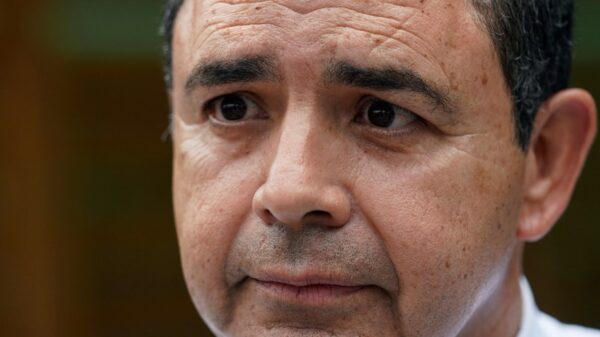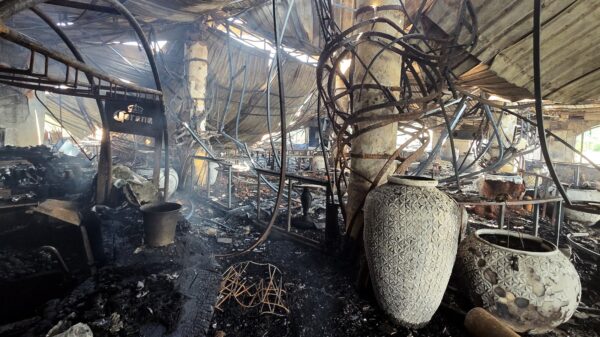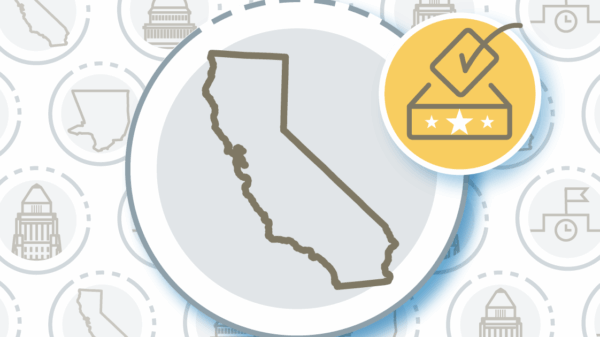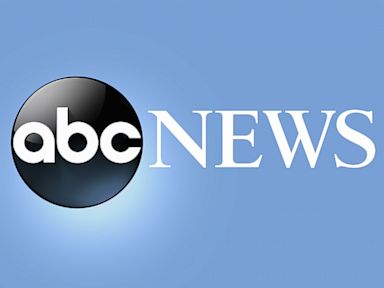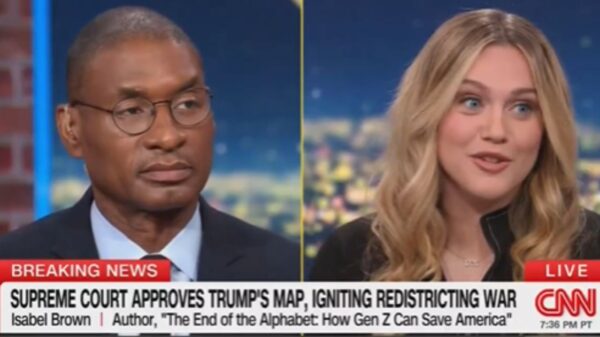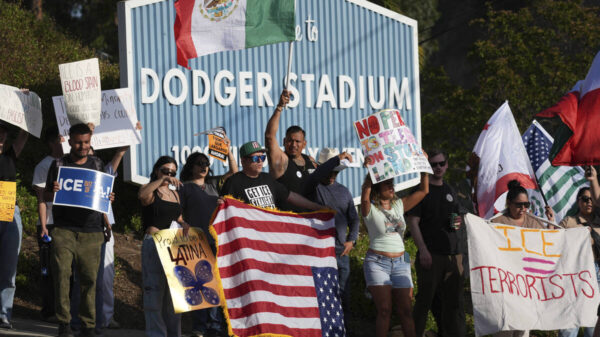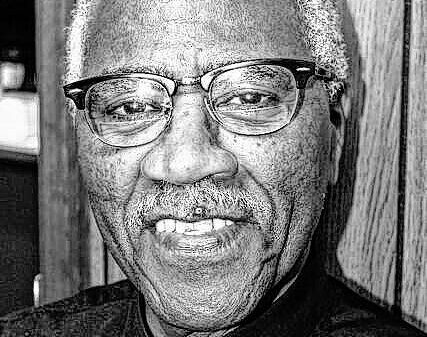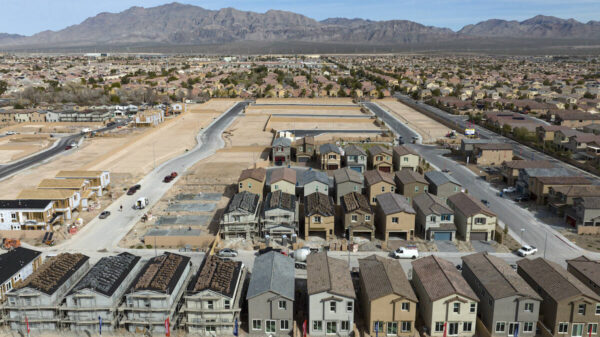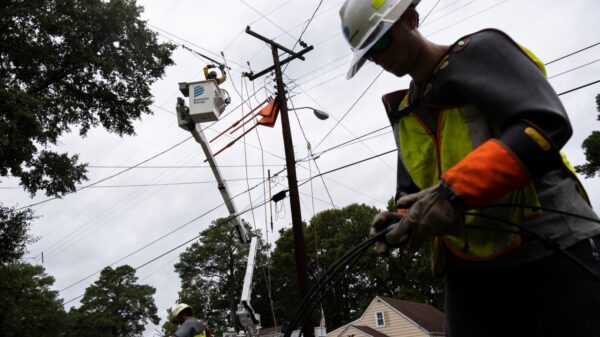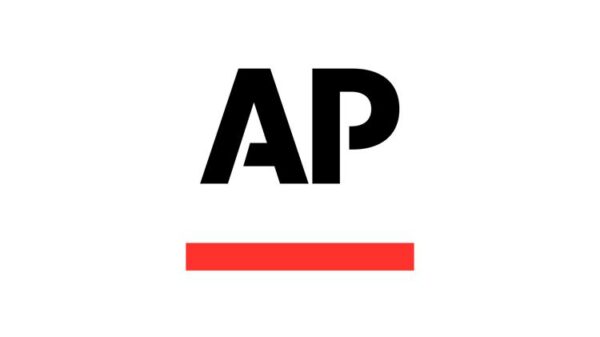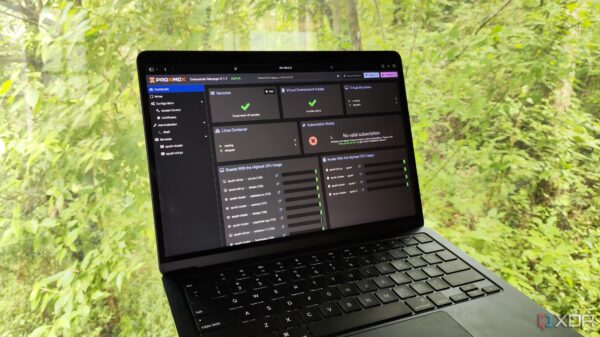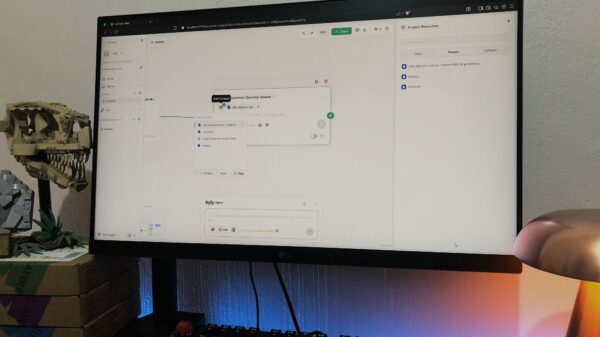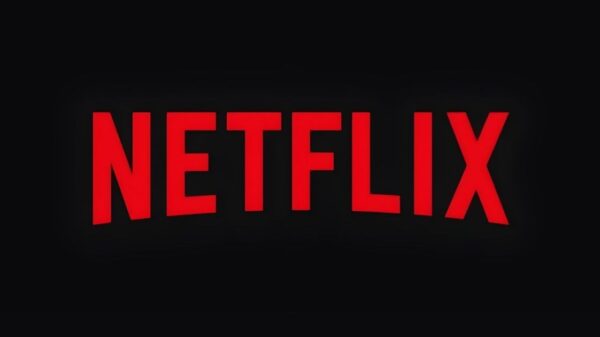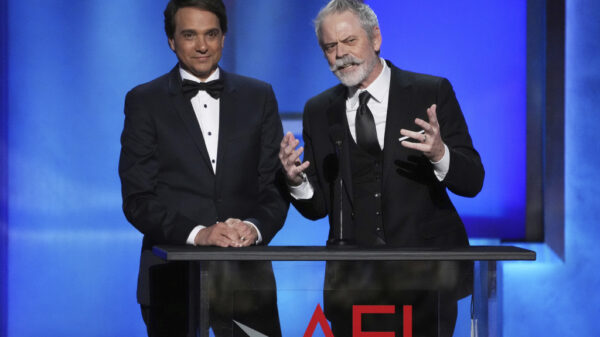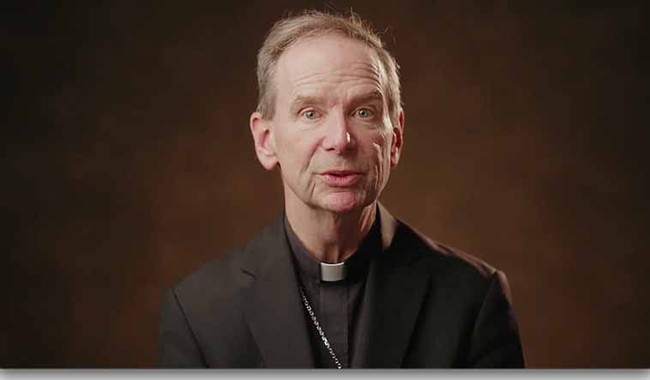The U.S. Conference of Catholic Bishops (USCCB) has officially condemned the deportation policies of the Trump administration in a newly released video. The statement, which was passed with a significant majority—216 votes in favor, 5 against, and 3 abstentions—marks the bishops’ first formal criticism of the previous administration’s immigration actions, a stark contrast to their silence during the early Biden administration.
In the video, the bishops describe the deportation raids as “inhumane,” echoing the sentiments of Pope Leo XIV’s teachings. This public statement highlights a shift in the USCCB’s focus on immigration policy, raising questions about their motivations and timing. The bishops had not issued a similar statement since 2013, when they addressed contraception mandates.
Critics of the bishops have suggested that financial motivations underpin this renewed activism. Under the Biden administration, Catholic Charities received approximately $122.5 million for refugee resettlement, a significant sum compared to previous years. The argument posits that the bishops’ outcry stems from a loss of funding opportunities, as the Trump administration’s policies curtailed the flow of financial resources for refugee programs.
The response from various commentators on social media has been mixed. Some have expressed disdain, questioning why the bishops did not produce similar content condemning actions of the Biden administration regarding abortion and other social issues. Notably, conservative commentator Matt Walsh criticized the bishops for their apparent lack of action against the current administration, stating that their focus on deportation raids seems selective and politically motivated.
In addition to the financial implications, this controversy touches on broader themes of morality and church influence in politics. Some argue that the bishops’ actions represent an alignment with progressive values that diverge from traditional Catholic teachings. Skeptics have labeled the USCCB as potentially acting as an arm of the Democratic Party, particularly in light of their vocal criticism of Trump’s immigration policies.
The USCCB has historically been involved in humanitarian efforts, partnering with the federal government since 1980 in refugee resettlement programs. This collaboration has drawn scrutiny, particularly regarding the effectiveness and ethics of such partnerships. Ongoing investigations into the organization for allegedly incentivizing illegal immigration have heightened tensions and skepticism towards their motivations.
While the bishops’ video has garnered attention, it also serves as a reflection of the ongoing debate surrounding immigration policy in the United States. As the conversation continues, the impact of these statements on both the church and broader society remains to be seen.
In conclusion, the USCCB’s decision to publicly condemn the Trump administration’s deportation policies highlights a significant moment in the intersection of faith and politics. Whether this action will influence policy or public opinion is yet to be determined, but it undeniably underscores the complexities of immigration issues facing the U.S. today.

